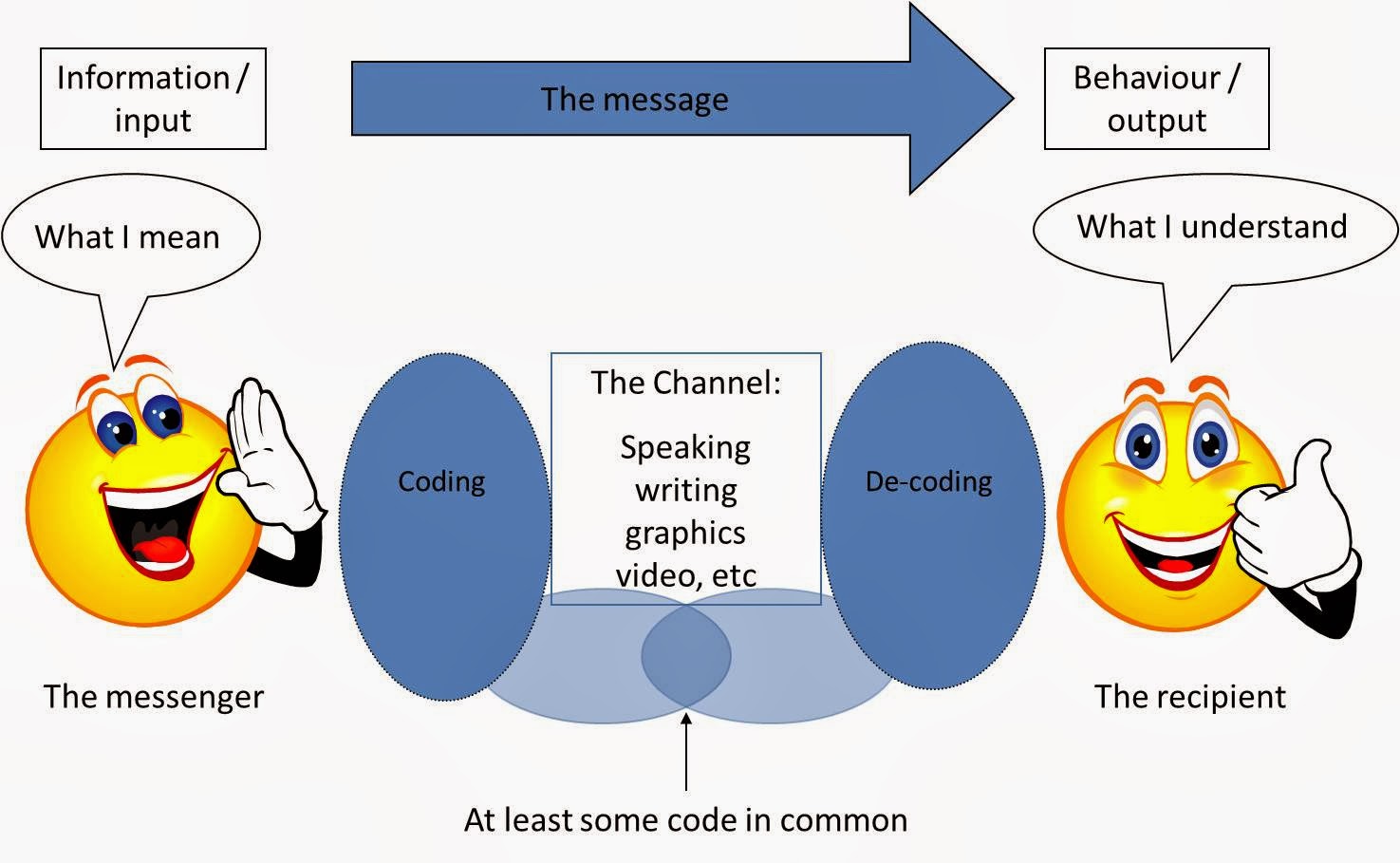Social-Media and Education
Social media
refers to internet-based platforms and applications that allow users to
create, share, and interact with content and connect with others. These
platforms facilitate creating and sharing of information, ideas, interests, and
other forms of expression through virtual communities and networks.
Here's how
social media can be helpful in education, along with some examples:
- Collaboration and Communication. A teacher
creates a private Facebook group for their class where students can
discuss assignments, share resources, and ask questions outside of class
time.
- Content Sharing. An art teacher uses
Instagram to showcase student artwork, allowing students to receive
feedback from a wider audience and learn from peers globally.
- Professional Development for Educators. Teachers use Twitter to follow educational hashtags like #edchat or
#teacherPD to stay updated on the latest teaching methods and connect with
other educators.
- Real-time Learning. A current events class
uses Twitter to follow breaking news and discuss its implications in real-time.
- Project-Based Learning. Students use
YouTube to create and share video presentations on historical events,
enhancing their digital literacy and presentation skills.
- Global Connections. A language class uses
Skype or Zoom to connect with native speakers in other countries for
conversation practice.
- Engagement and Interactivity. A science
teacher uses a platform like Kahoot! to create interactive quizzes that
students can answer using their smartphones, revising more engaging.
- Resource Curation. Teachers and students
use Pinterest to collect and organise educational resources, lesson plans,
and project ideas.
- Digital Citizenship Education. Using social
media platforms as case studies to teach students about online safety,
privacy, and responsible digital behaviour.
- Extended Learning Opportunities. A
literature teacher creates a blog where students can post their own
creative writing and provide peer feedback, extending learning beyond the
classroom.
- Parent-Teacher Communication. Schools use
platforms like ClassDojo to inform parents about their child's progress, behaviour,
and upcoming events.
- Student Voice and Empowerment. Students use
podcasting platforms to create and share their own educational content,
developing research and communication skills.
These examples demonstrate how social media can enhance various aspects of education, from improving communication and collaboration to providing new avenues for creative expression and global learning.
Social media tools for teaching effectiveness:
·
Learning
management systems (e.g., Blackboard, Canvas)
·
Video
platforms (e.g., YouTube, Vimeo)
·
Social
networking sites (e.g., Facebook, LinkedIn)
·
Microblogging
platforms (e.g., Twitter)
·
Collaborative
tools (e.g., Google Workspace, Microsoft Teams)
·
Discussion
forums and blogs
Importance in education:
1. Enhanced communication between
teachers and students
2. Increased student engagement and
participation
3. Facilitation of collaborative
learning
4. Access to diverse educational
resources
5. Development of digital literacy
skills
6. Flexibility in learning time and
location
Challenges:
1. Digital divide and unequal access to
technology
2. Privacy and security concerns
3. Potential for distraction and
reduced attention spans
4. Cyberbullying and online harassment
5. Difficulty in verifying information
accuracy
6. Teachers' need for additional
training and support
How to use social media for better education:
1. Set clear guidelines and
expectations for online behaviour
2. Integrate social media into lesson
plans purposefully
3. Encourage student-led discussions
and content creation
4. Use social media to connect with
experts and professionals
5. Implement digital citizenship
education
6. Monitor and moderate online
interactions
7. Provide ongoing training for
educators on effective use of social media tools



Comments
Post a Comment